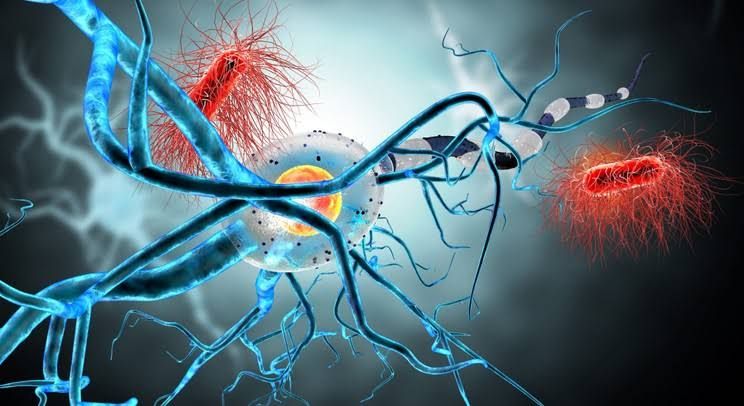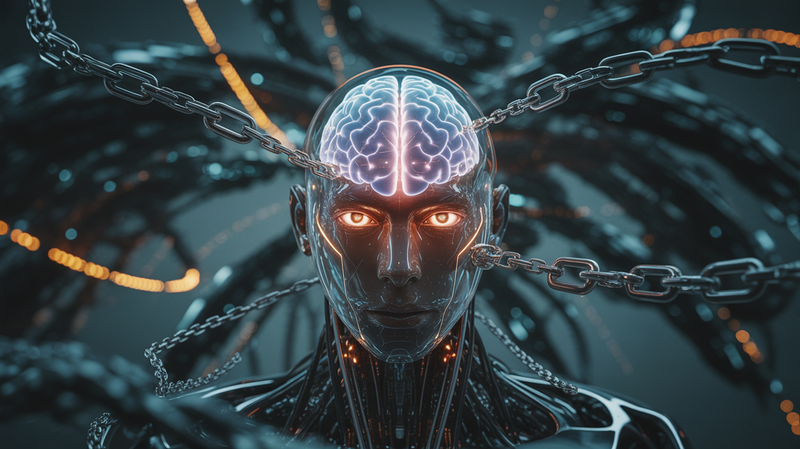Harnessing AI in the New Frontier: Neural Transplants and Brain Health
The intersection of neuroscience and artificial intelligence (AI) has given rise to a groundbreaking possibility - the transplantation of fresh brain cells to replace diseased or aged ones. By leveraging the capabilities of AI, scientists are navigating this intricate and complex process, offering new hope for treating neurodegenerative disorders and

The intersection of neuroscience and artificial intelligence (AI) has given rise to a groundbreaking possibility - the transplantation of fresh brain cells to replace diseased or aged ones. By leveraging the capabilities of AI, scientists are navigating this intricate and complex process, offering new hope for treating neurodegenerative disorders and brain injuries.
AI's role in this revolutionary venture is multifaceted, spanning from the initial stages of cell differentiation to the integration of new cells into the brain's intricate network.
A pivotal step in neuronal transplants involves the differentiation of stem cells into neurons. These pluripotent stem cells, which can transform into nearly any cell type in the body, need precise environmental and chemical cues to become functional neurons. AI, particularly machine learning algorithms, are being utilized to optimize this process. By analyzing vast amounts of data from previous studies, AI can identify patterns and make predictions about the most effective differentiation protocols.
Additionally, AI models can potentially guide the generation of specific neuron subtypes suitable for the patient's unique needs. For instance, dopamine-producing neurons might be needed for a patient with Parkinson's disease, while a different type may be more effective for someone with Alzheimer's.
Once these new neurons are ready for transplantation, another challenge emerges: ensuring their successful integration into the brain's existing network. With each neuron potentially forming thousands of connections with others, this task is remarkably complex. AI can be instrumental in solving this issue. By modeling the brain's connectivity patterns, AI algorithms can predict the best locations for neuron transplantation, enhancing their chances of forming beneficial connections with existing neurons.
AI's role is also crucial in monitoring and assessing the success of the transplantation. Machine learning models can analyze post-operative scans and patient data to detect signs of successful integration or potential complications, such as inflammation or cell rejection. This use of AI enables early intervention, improving the outcomes of the procedure.
However, the integration of AI into the neuronal transplant process also presents new challenges. AI models are only as good as the data they're trained on, and in a field as novel as neuronal transplants, high-quality, extensive datasets might not be readily available. Moreover, ethical considerations surrounding patient data privacy and the use of AI in healthcare decision-making must be carefully managed.
Despite these hurdles, the potential of marrying AI and neuroscience in this pioneering venture is profound. AI is not only accelerating the research and development process but also paving the way for personalized treatments for neurodegenerative diseases and age-related cognitive decline.
Neuronal transplants empowered by AI could revolutionize our approach to neurological health, offering a glimmer of hope for patients and families. The journey is fraught with challenges and unknowns, but with each stride forward, we are inching closer to a future where the diagnosis of a neurodegenerative disorder is no longer a one-way street, but the beginning of a manageable journey.




